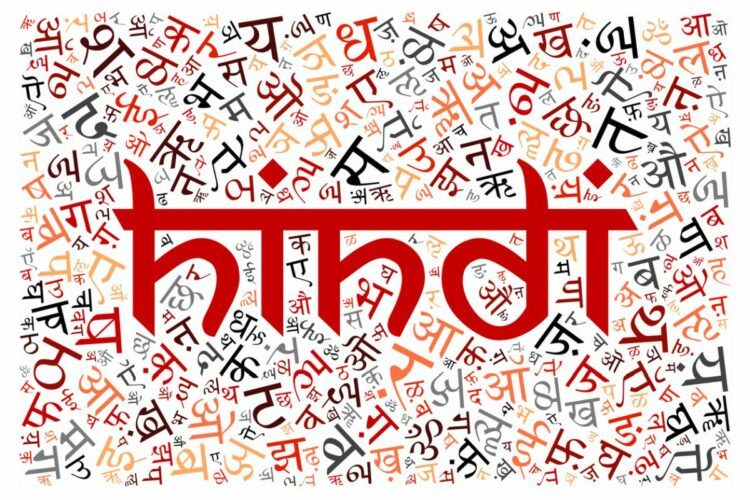Since the inception of the Independence, Indian political system has come across this enduring issue of national language in time and again. Language has always been the landscape of political power plays since the bygone era. Given, India’s diversity it has never been easy for the leaders to give their consent on a single language that can unite and represent all.
The official language of the Central government was the single most divisive official issue in the Indian Constituent Assembly. Here are some popular leaders who were and are from non-Hindi backgrounds who staunchly deemed Hindi as the appropriate option to bring everyone together.
Union Home Minister Amit Shah recently was quoted at the 37th meeting of the Parliamentary Official Language Committee, “Prime Minister Narendra Modi has decided that the medium of running the government is the Official Language, and this will definitely increase the importance of Hindi. Now the time has come to make the Official Language an important part of the unity of the country. When citizens of States who speak other languages communicate with each other, it should be in the
language of India.”
Veer Savarkar, a Maharashtrian and a non-native Hindi speaker said that one can love his mother tongue but the country needed a cultural integration which could be accomplished via Hindi. Given that the number of Hindi speaking people far exceeded the speakers of other languages, it was logically the best thread that could hold the garland of culture in India. He himself says that the first credit of propaganda in favor of Hindi as national language goes to Swami Dayanand Saraswati founder of Arya Samaj. Savarkar always supported Sanskrit Nishta Hindi (Sanskritised Hindi) over the mixture version Hindustani.
Mahatma Gandhi, with Gujarati as his mother tongue had publicly called for Hindi to be made the national language of India, his sentiments then echoed even at far-off places in this multi-lingual country. He had also thrown light upon the ‘GangaJamuni’ culture of Hindi and said that “Hindi is that language which both Hindus and Muslims speak and is written in Nagri and Persian script. This Hindi is not completely Sanskritised, nor is it loaded with Persian vocabulary,” He also said, “My humble, but a firm opinion is that unless we do not provide Hindi the national language status and other regional languages their adequate importance, till then all talks of a ‘swarajya’ are meaningless.”
Dr B.R. Ambedkar from a Marathi background too favoured Hindi. Introducing multiple languages as official languages was not considered feasible. Dr. B.R. Ambedkar was quoted as saying, “One language can unite people. Two languages are sure to divide people. This is an inexorable law. Culture is conserved by language. Since Indians wish to unite and develop a common culture, it is the bounden duty of all Indians to own up Hindi as their official language.”
Bal Gangadhar Tilak used Hindi as the language of the movement. His speeches were either in Maratha or Hindi. He realized the need to avoid the usage of English, and mentioned the same in one of his speeches. Lokmanya Tilak was the first Congress leader to suggest that Hindi written in the Devanagari script be accepted as the sole national language of India.
C Rajagopalachari was quoted, “While I strongly protest against making Hindi the official language of India, I equally strongly recommend the inclusion of it in the school curriculum everywhere. English is compulsory in many European states on account of its importance. So also must Hindi be studied by people of all parts of India on account of its importance… But this does not mean that the great injustice should be perpetrated of imposing Hindi as official language of the administration of India.” In 1937, the first anti-Hindi imposition agitation was launched in opposition to the introduction of compulsory teaching of Hindi by the first Indian National Congress government led by C. Rajagopalachari in the Madras presidency schools.
Lal Bahadur Shastri declared that he was considering making Hindi an alternative medium in public service examinations which meant that although the non-Hindi speakers would still be able to compete in the all-India services in English medium, the Hindi speakers would have an added advantage of being able to use their own mother tongue Hindi as a medium.
This increased the fury of the non-Hindi groups and they became more anti-Hindi and later also raised and popularized the slogan of ‘Hindi never, English ever’. Finally to calm the situation, Lal Bahadur Shastri gave assurances that English would continue to be used as the official language as long as the non-Hindi speaking states wanted.
Netaji Subhash Chandra Bose, with Bengali as his mother tongue insisted on Hindustani (written in the Roman script) as India’s unifying national language.



















Comments